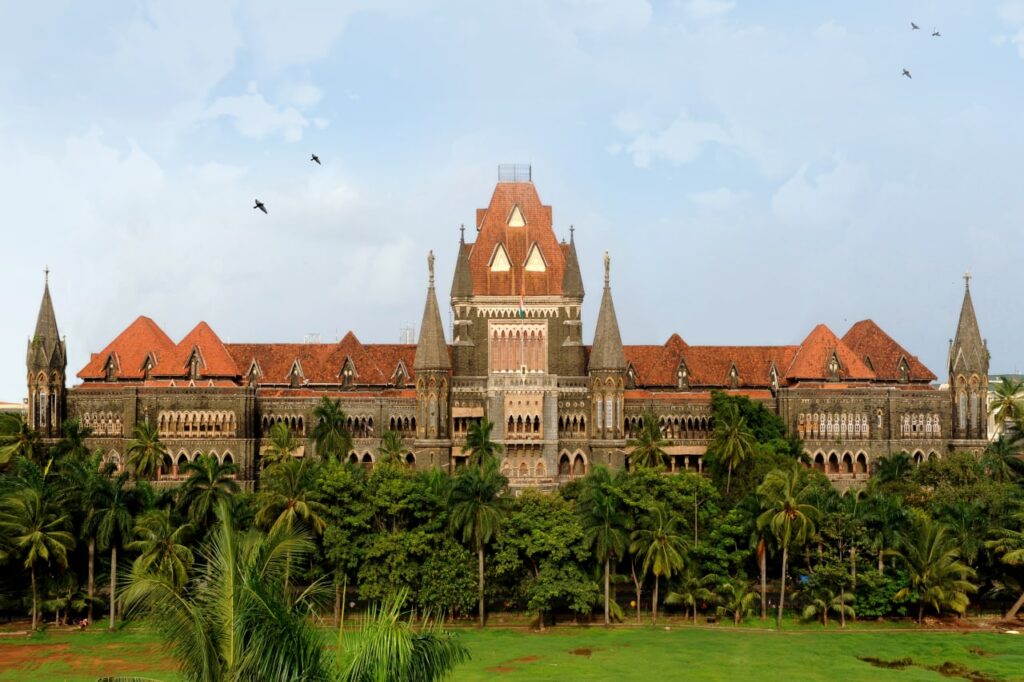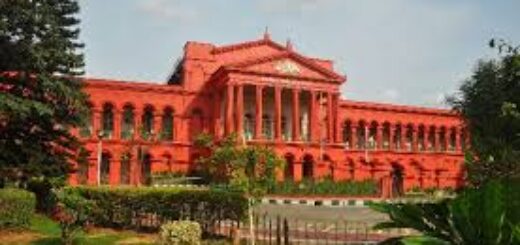Bombay High Court Allows Shri Saibaba Sansthan Shirdi to Start Offering Flowers Again for the Benefit of Farmers.

The Bombay High Court allowed Shri Saibaba Sansthan Shirdi to start offering flowers in the temple again. This decision came after the Trust’s temporary committee noted that it would benefit farmers growing flowers on 384 hectares of land. The application was submitted by the Trust’s Chief Executive Officer to the Aurangabad Bench of the Bombay High Court, seeking approval for Resolution No. 277 from the committee formed to manage the Trust’s affairs. The judges, Justice Mangesh S. Patil and Justice Shailesh P. Brahme, stated that farmers could sell flowers directly through the Credit Co-operative Society of the Trust’s employees at fair prices. They also mentioned that the Municipal Council and police must ensure no unauthorized vendors operate and eliminate middlemen.
Advocate Anil S. Bajaj represented the Trust, while Government Pleader A.B. Girase represented the State. The Trust argued that the committee’s Resolution No. 277 aimed to create a plan for resuming flower offerings. This decision followed a report from a committee led by the District Collector, which examined the benefits and drawbacks of restarting the practice. The offering had been halted due to numerous complaints from devotees who faced high prices from unscrupulous vendors.
After the pandemic, the tradition of offering flowers was halted. There was a push to bring it back, and after careful discussion, the committee created detailed suggestions. It was decided that a credit co-operative society run by the Sansthan employees would buy flowers directly from farmers and sell them at a fair price on temple grounds. The farmers applied for permission to implement Resolution No. 277, focusing on their welfare and the beliefs of the devotees. The Bench acknowledged the committee’s report, led by Collector Ahilyanagar, which aimed to regulate flower vendors near the temple. To clarify the High Court’s limited role in overseeing the ad hoc committee, the Bench noted that the committee is responsible for managing the trust’s affairs. If any major financial decisions arise, only then is the Court’s permission needed. The Court does not manage the committee’s decisions under the pretense of granting permission.
The administrative officer of the Sansthan submitted an additional affidavit explaining that previously, flowers and garlands were given to a self-help group that made agarbatties. An agreement stated that 10% of the agarbatti sales would go to the Sansthan, and this arrangement was set for three years. The Bench stated, “If used flowers and garlands are to be sold through E-auction or E-tender, it raises questions about the need for a specific rule for their use in making agarbatties.”
It was also noted that the Committee had decided that resuming the practice of offering flowers would benefit the farmers growing flowers on 384 hectares, as well as the laborers and businesses affected by the halt. The suggestion was that farmers could sell flowers directly through the Credit Co-operative Society of the Employees of the trust, making them available to devotees at a fair price within the temple area, with a rate card displayed. The Municipal Council and police would be responsible for preventing unauthorized flower vendors and eliminating middlemen. The Resolution aimed to restart the practice, stating that flowers would be bought by the credit co-operative society and sold to devotees at a reasonable price in the temple. The Bench noted that this would not have financial consequences, except for the disposal of flowers and garlands offered to the deity. “Since the resolution did not specify how to dispose of these perishable items, which need quick disposal, it would be suitable to allow the Sansthan/trust to resume offering flowers/garlands as per Resolution No.277, and to instruct the ad hoc committee to decide promptly on how to manage the waste generated from the offerings,” the Bench concluded.
Cause Title: Shri Saibaba Sansthan Shirdi v. The State of Maharashtra [Neutral Citation: 2024:BHC-AUG:26914-DB]









